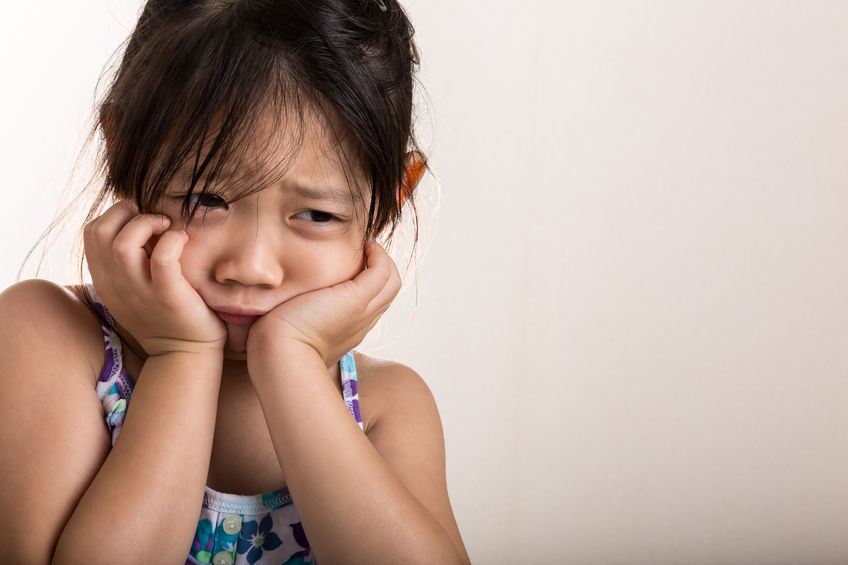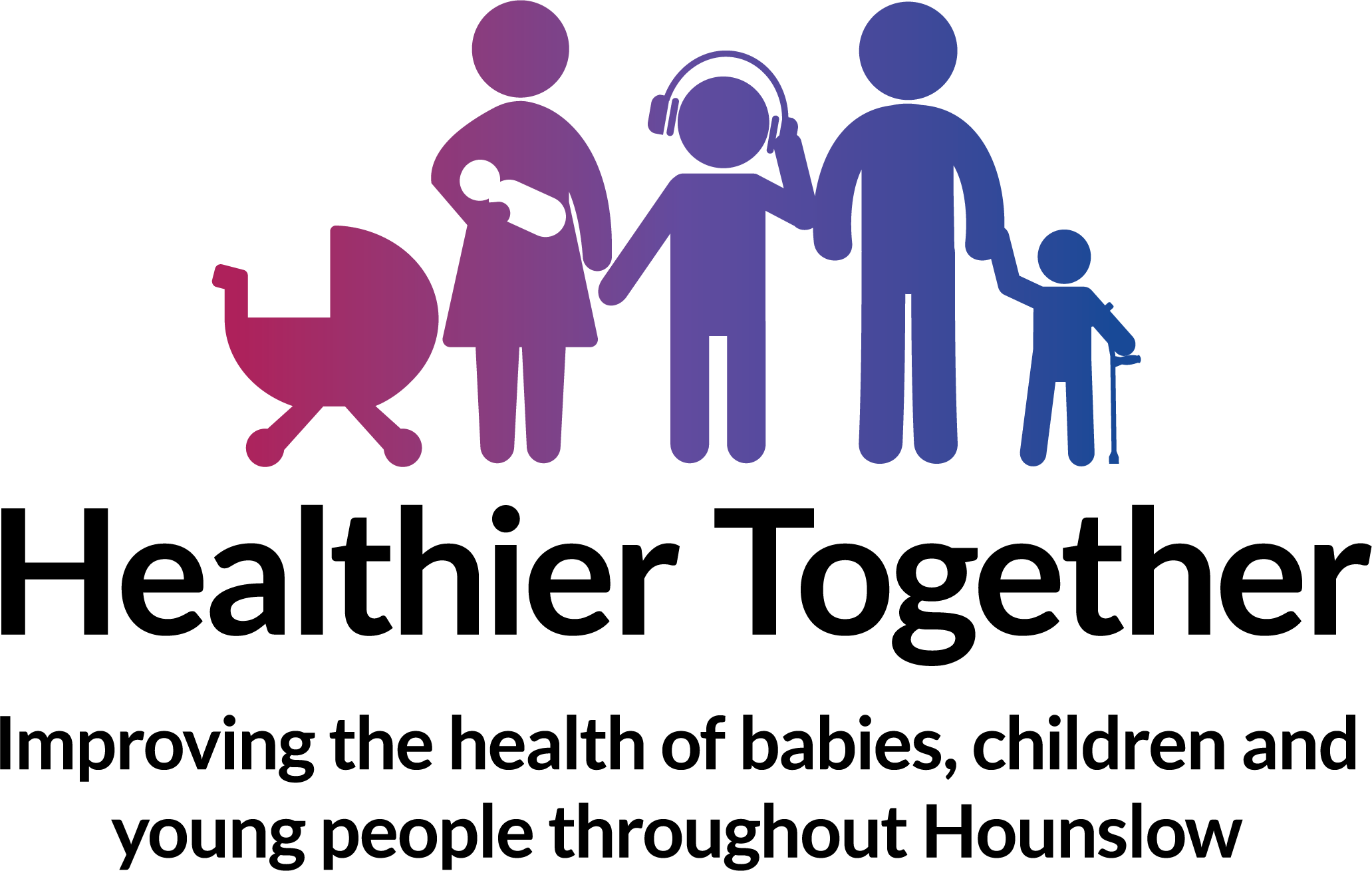Tantrums occur because young children are not able to express themselves easily. Toddlers can also want independence and become frustrated when this can't or doesn't happen. Tantrums tend to decrease and/or stop after four years of age as children are better able to understand the world around them and communicate their needs and wants.
Tantrums
Tantrums tend to start between two and three years old, although they can start earlier. During a tantrum, a child will often shout, scream and cry. They may also kick, hit or bite. Tantrums are very common and almost all young children have them - some more than others. This is a normal phase of your child's development.

When your child is having a tantrum:
- Try to be calm and consistent - speak slowly and quietly, don't worry about what other people may think if you are in public and if at all possible don't give in to the tantrum as your child may then see this as a way of getting what they want
- Ignore the tantrum - ensure that your child is safe and explain that you will be there for them when they have calmed down, then carry on with what you were doing
- Reassure - after the tantrum, once your child is calmer, reassure your child, talk to them about their emotions and if they are old enough, talk about how they might deal with those emotions differently. Once the episode is over don't continue to talk about it as this may make your child feel bad
- Positive reinforcement - try to make a point of noticing and commenting on good behaviours (such as "you are playing very nicely with your brother") so that your child gets attention for acting in the way you would like them to
If you are struggling to cope with your child's behaviour, talk to your health visitor or GP.


